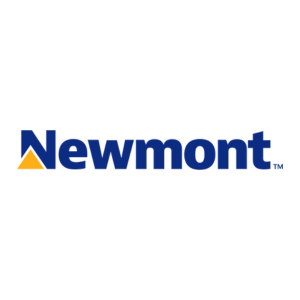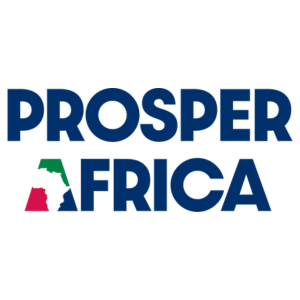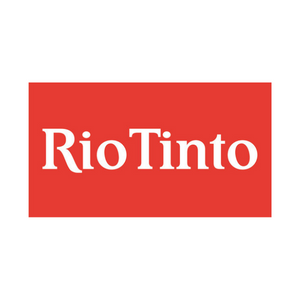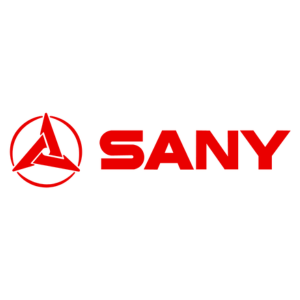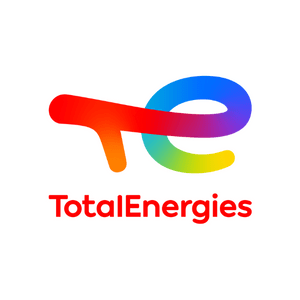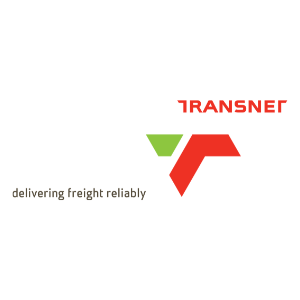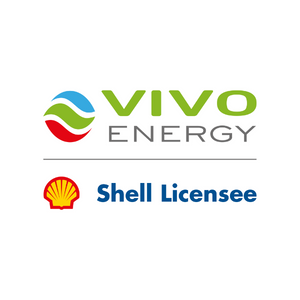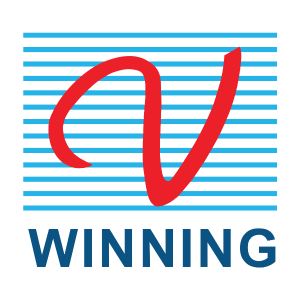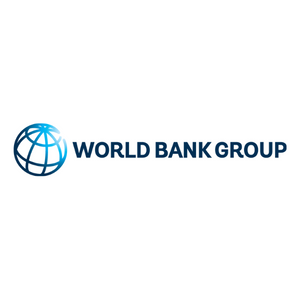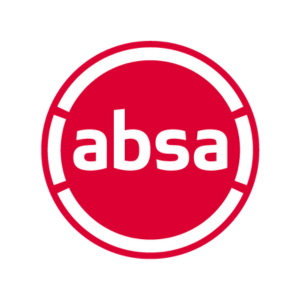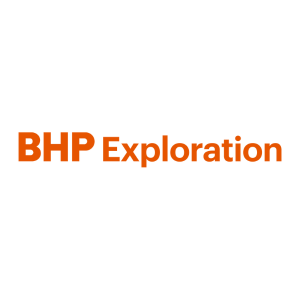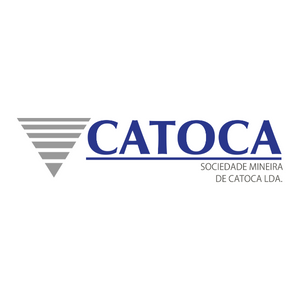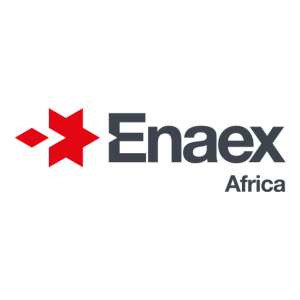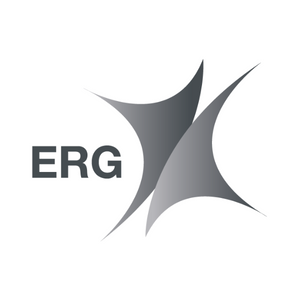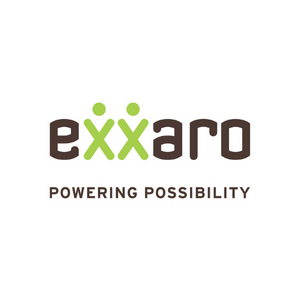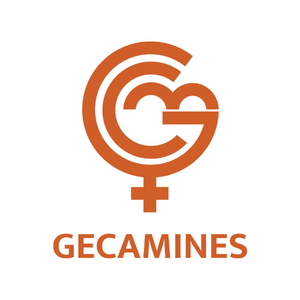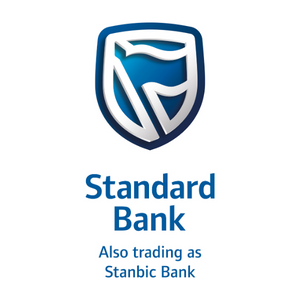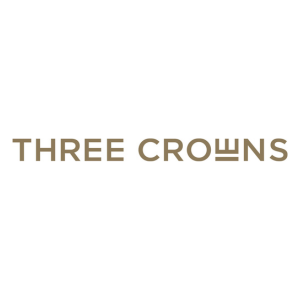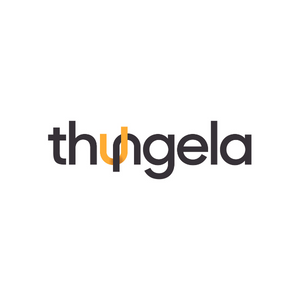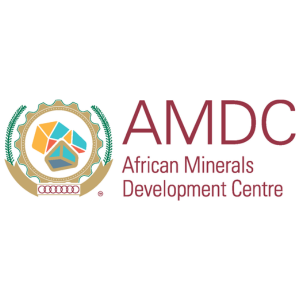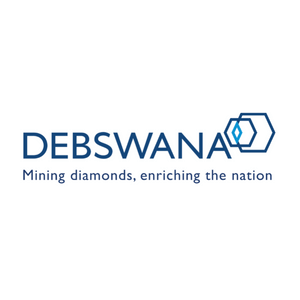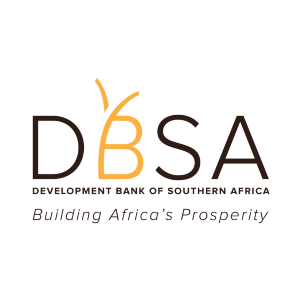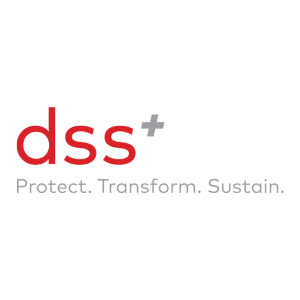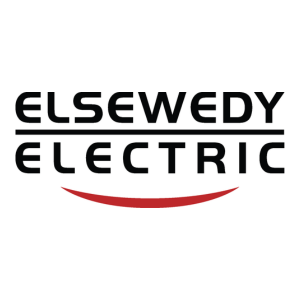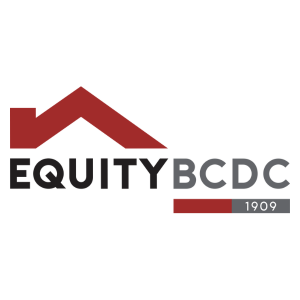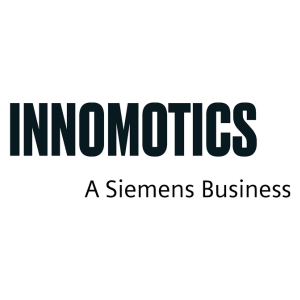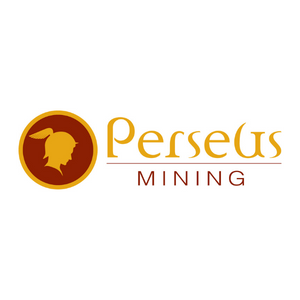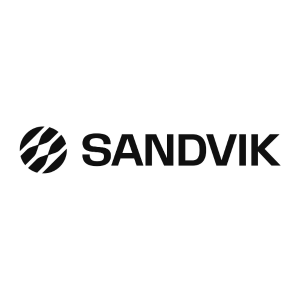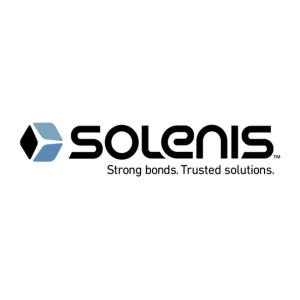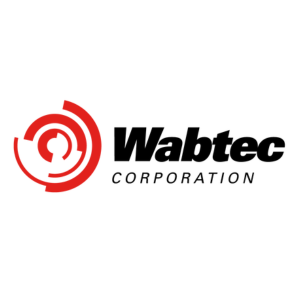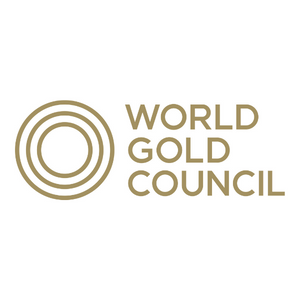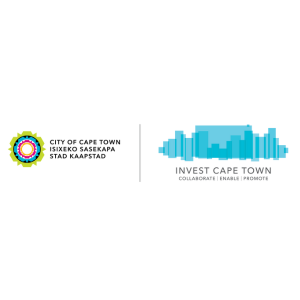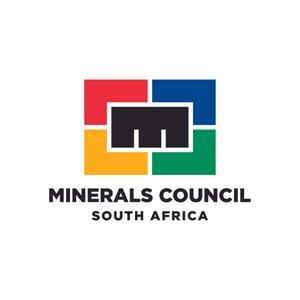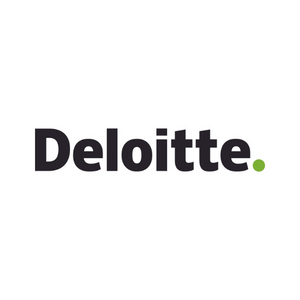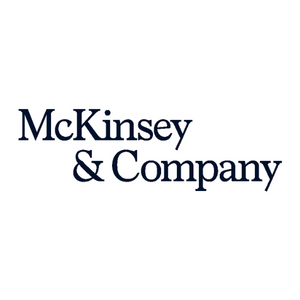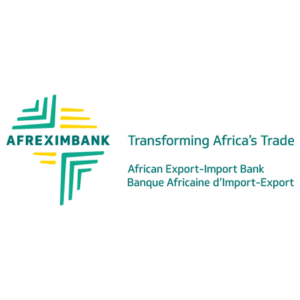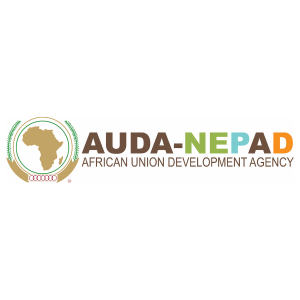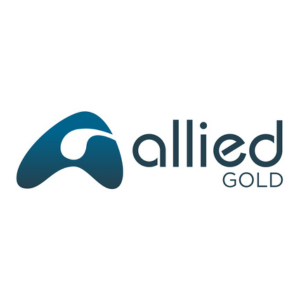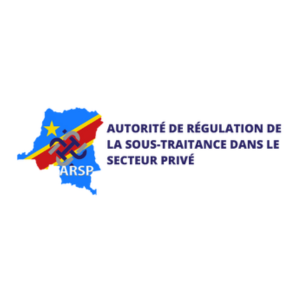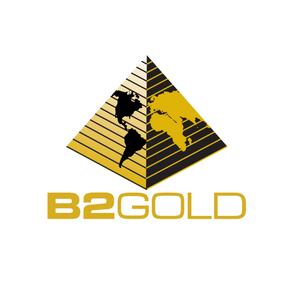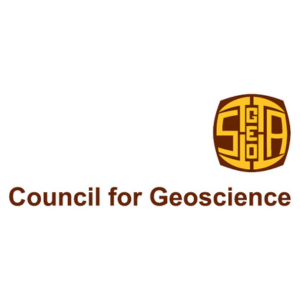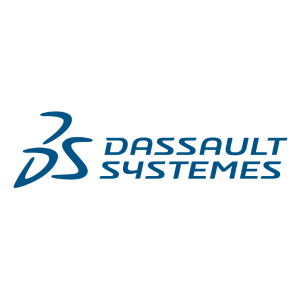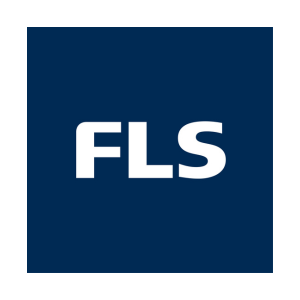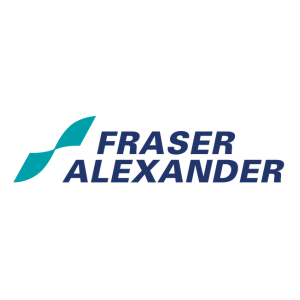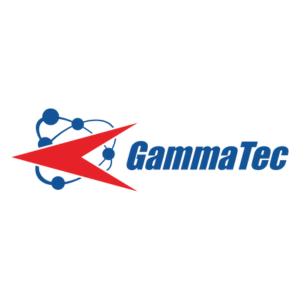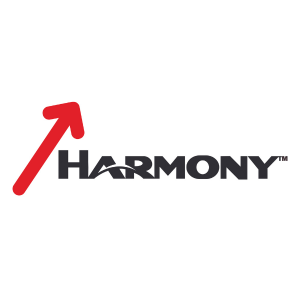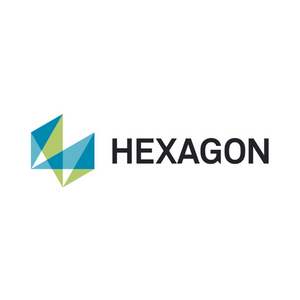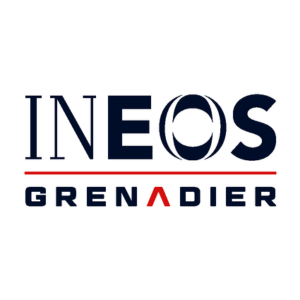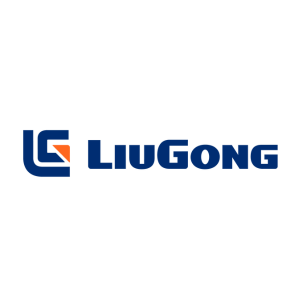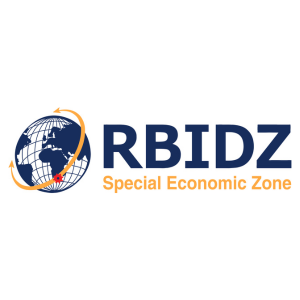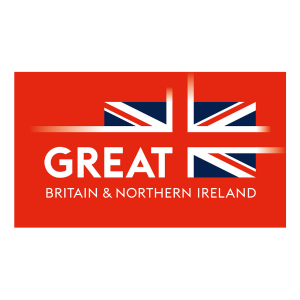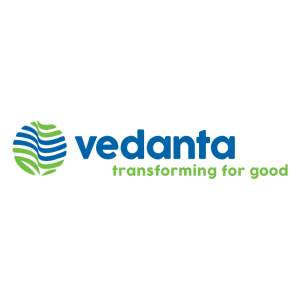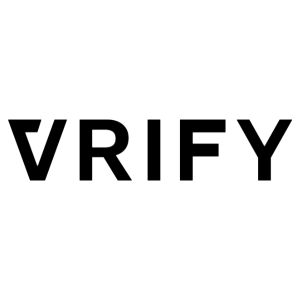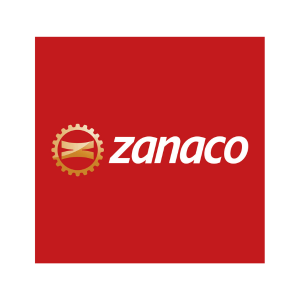Standard Chartered Bank's Head of Client Coverage, Corporate, Commercial & Institutional Banking-Tanzania shares his key industry insights
|
Bringing over 16 years' experience from across corporate and investment banking, commerical banking and SME business. Whilst spending the last 7 years leading the multinational corporate portfolio in Ghana with extensive exspoure to different markets. We caught up wih Jerry Agyeman-Boateng after the announcement with the brand-new Advisory Board to share his key industry insights. |
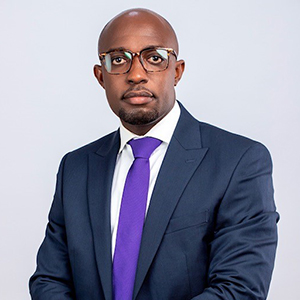 |
In my current role as Head Client Coverage, Corporate, Commercial & Institutional Banking-Tanzania, I have the privilege to bring rich insight from Ghana and Tanzania. Two countries that have rich mineral resources and greater opportunities. Having worked in corporate banking for over a decade, I have had the opportunity to work on financing for multinationals straddling multiple industries.
The kind of transaction structures I have been involved with (including but not limited to mining) and the experience gained builds my competencies in the industry. Joining the advisory board means that I can leverage on the knowledge gained over the years to assist Indaba achieve its goals.
How would you like to help shape the Mining Indaba event?
I intend to bring on board innovation and creativity plus leveraging technology for efficiency in the industry. I would also like to drive issues bordering around the environment and sustainability.
Africa needs to draw from the best of the industry both in resource and experience. I will apply my network and experience across the value chain to ensure that all stakeholders and participants get the best out of the event. Beyond the rhetoric of a great event is the impact it makes in changing narratives and propelling growth, and that is exactly what I will seek to do with the Mining Indaba event.
What are you most excited about to be on the advisory board?
The advisory board members cut across industry pioneers and leaders with varied experiences and specialization. This provides for an exciting opportunity for networking and knowledge sharing
Where will the financing for mining projects come from in the coming years?
As with any commodities industry and the established players, funding will be driven by the ability of the company to raise funds internally from existing operations. The exploration of minerals is risky and thus companies will need to use internal funding or equity from investors for such projects in the coming years.
For development, companies will look to utilize debt as this is a cheaper alternative to equity. These forms of funding can be supplemented by attracting equity from JV partners as well as other forms of equity and debt including precious metals streams and royalties, pre-payment facilities and project financing.
Where do you see the future of mining in Ghana post-Covid?
The mining industry in Ghana continues to remain robust with good assets. The sector was one of the few that responded well to the Covid-19 pandemic. Most of the large-scale mines leveraged strongly on existing and established Health and Safety protocols to mitigate the effect of the lockdowns and continued production unabated. The Industry is expected to drive the recovery of the economy as announced by the finance minister in the latest budget reading.
Lithium has been found in commercial quantities in the central region of Ghana. Governments drive is for an integrated investment leading from extractive to eventual battery production in Ghana. Ghana continues to attract international interest given the quality of the assets.
Currently, what are the prospect metals or minerals Ghana? Is Ghana a good prospect for any battery metals development?
Currently the Ghanaian mining industry is driven by gold, diamonds, bauxite and manganese; by and large this is expected to continue. In 2019, for example, exploration budgets for these minerals was around USD 100m.
Battery metals which include lithium, vanadium, copper, cobalt, nickel and lead have not been well explored in Ghana and there is currently not enough data to build a case. Although prospecting in the future cannot be ruled out, it is unlikely that this will be the focus of the existing mining companies in the near term.
What trends are we seeing across M&A in the global and African sector?
With the mining industry (especially gold) maturing, multinational companies are always looking to grow through mergers and acquisitions. For example, In January 2019, Newmont entered into an agreement to acquire Goldcorp for c. USD9.4bn - the transaction was concluded in April 2019. Given the Covid-19 pandemic and the impact this would have had on the cashflow of smaller mining companies, one can expect that the opportunities for more M&A will abound. A recent example of this is Shandong Gold’s acquisition of Cardinal Resources, which is a great endorsement for the mining industry in Ghana.
What changes within the mining industry would you like to see within the next 5-10 years?
One of the key changes I would like to see over the next 5 to 10 years would be increased use in automation within the mining sector. While countries like Australia have made breakthroughs in this field, operations in Africa (especially Ghana) continue to be heavily dependent on manual process. The roll-on effect of this is that room for human errors abound i.e. Ore loss and dilution, inefficient dispatch operations as well as time lost on shift changes, accidents etc. Automation will drive growth through efficient use of machinery and will help lower overall costs.
What are the top 3 alternative financing options for mining companies this year?
Equity will continue to be the predominant source of financing; I would also focus on the following sources (which are not mutually exclusive) to supplement this equity:
- Equity from joint venture partners
- Debt, be it corporate or project financing
- Stream and royalty financing
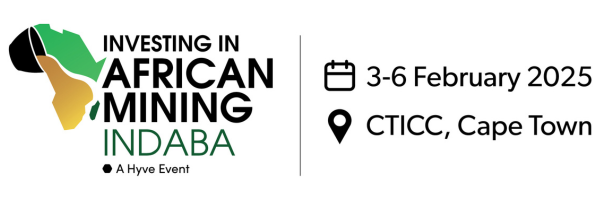
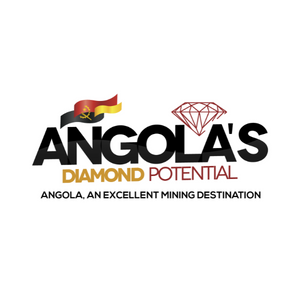
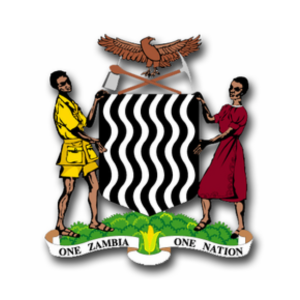
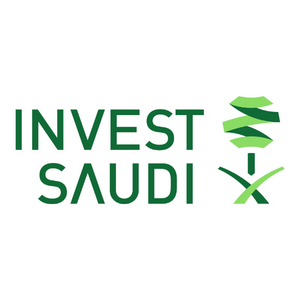
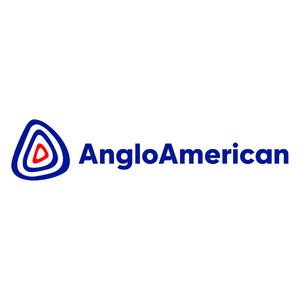
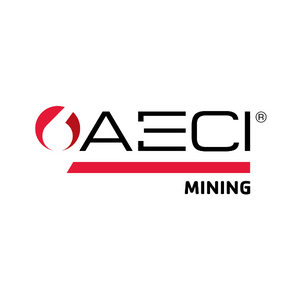
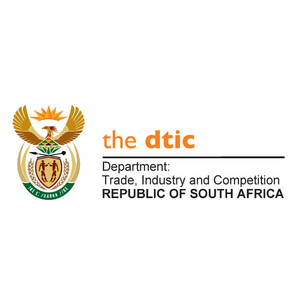
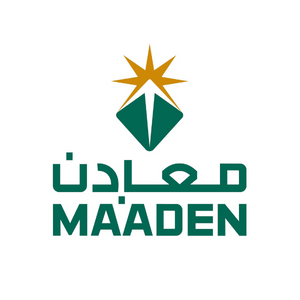
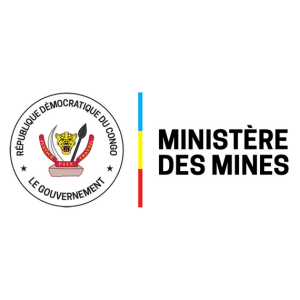
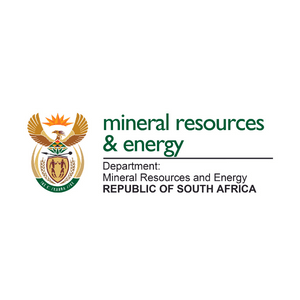
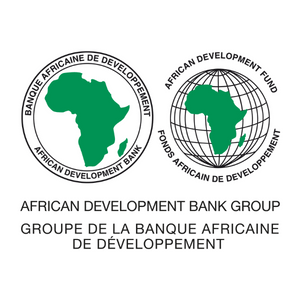
-min.png?ext=.png)
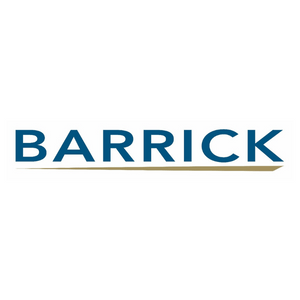
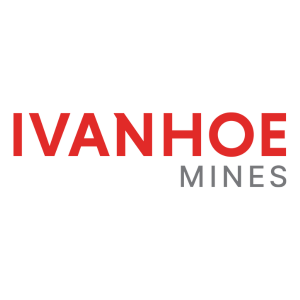
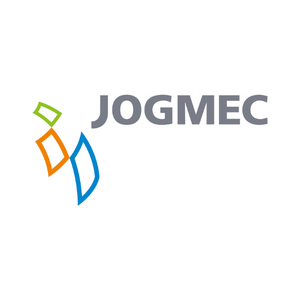
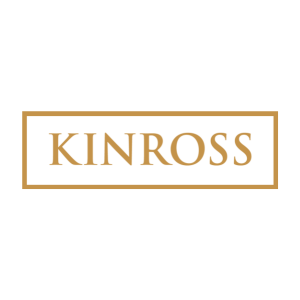
_1.png?ext=.png)
